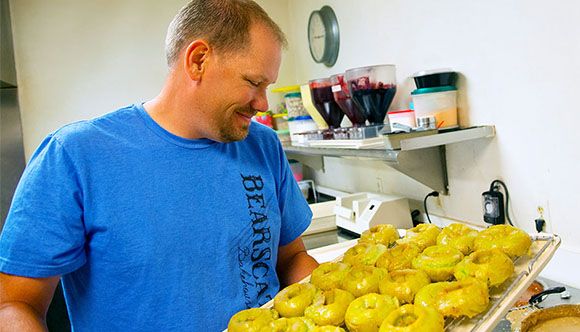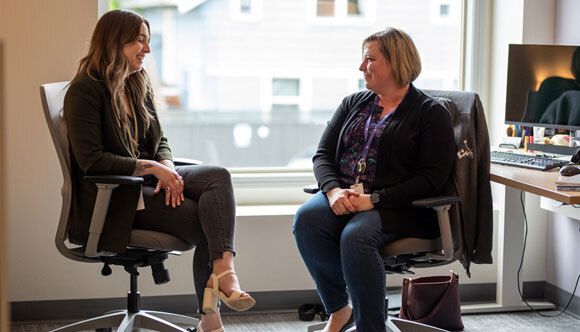Roger Wong: Lane Community College Business Plan Accelerator

Background
Roger Wong leads the SBDC Business Plan Accelerator course at Lane Community College in Eugene, Oregon. The five-session program teaches business planning fundamentals and attracts a diverse mix of students, from those with business ideas to established entrepreneurs seeking growth strategies. It culminates in students pitching their business plans to a panel of local business professionals.
“It's not just a way to write a business plan and when you get your financing, you throw it away. Now, you can take the next step to manage your business.”
Roger Wong
Instructor, SBDC advisor and accelerator director, Lane Community College
Problem
Roger needed a way to effectively teach business planning to students at various stages of their entrepreneurial journey. The challenge was to create a course that could simultaneously validate business ideas, teach financial literacy, and provide practical planning skills. Additionally, Roger wanted to emphasize business planning as an ongoing process rather than a one-time document creation exercise.

Solution
Roger discovered LivePlan and decided to build his course around it, using it as both a teaching tool and a practical application for students. LivePlan's step-by-step approach guided students through every aspect of business planning, from idea validation to financial forecasting. The platform's user-friendly interface allowed students to work on their plans during class, with Roger observing their progress and providing real-time feedback.
Outcome
The Business Plan Accelerator course has seen significant success and growth. It has helped numerous students validate their business ideas, secure financing, and launch successful ventures. The course's popularity has increased, with classes filling up months in advance. LivePlan's integral role in the course has enabled students to overcome their fear of financial planning, learn to make educated guesses, and refine their projections over time. By the end of the course, students have a complete financial forecast and are ready to manage their businesses. Roger emphasizes that LivePlan is not just for creating initial business plans but also for ongoing business management through its benchmarks and dashboard features, equipping entrepreneurs with the skills to start, run, and grow their businesses effectively.
Related Articles

Funding
Dee used LivePlan to convince her mom to invest $10,000 and open a fitness studio

Funding
See how Kevin created a plan to secure funding and track financials for his bakery

Starting
Brian used financial scenarios to find realistic funding needs for his comic business

Nonprofits
Kids FIRST transformed their finances and perfected their pitch with LivePlan
Try LivePlan Today
Totally risk free. 35-day money-back guarantee.


